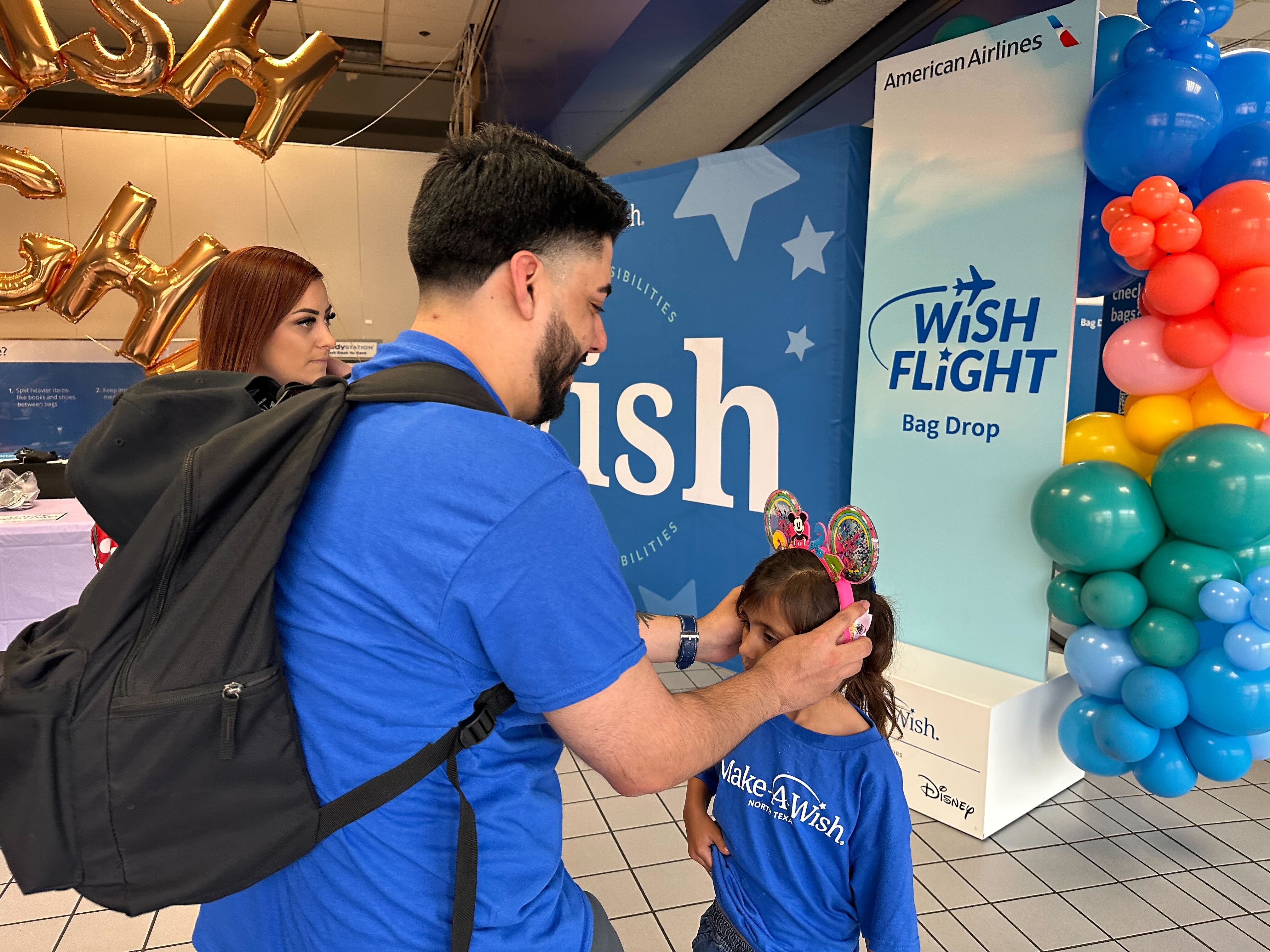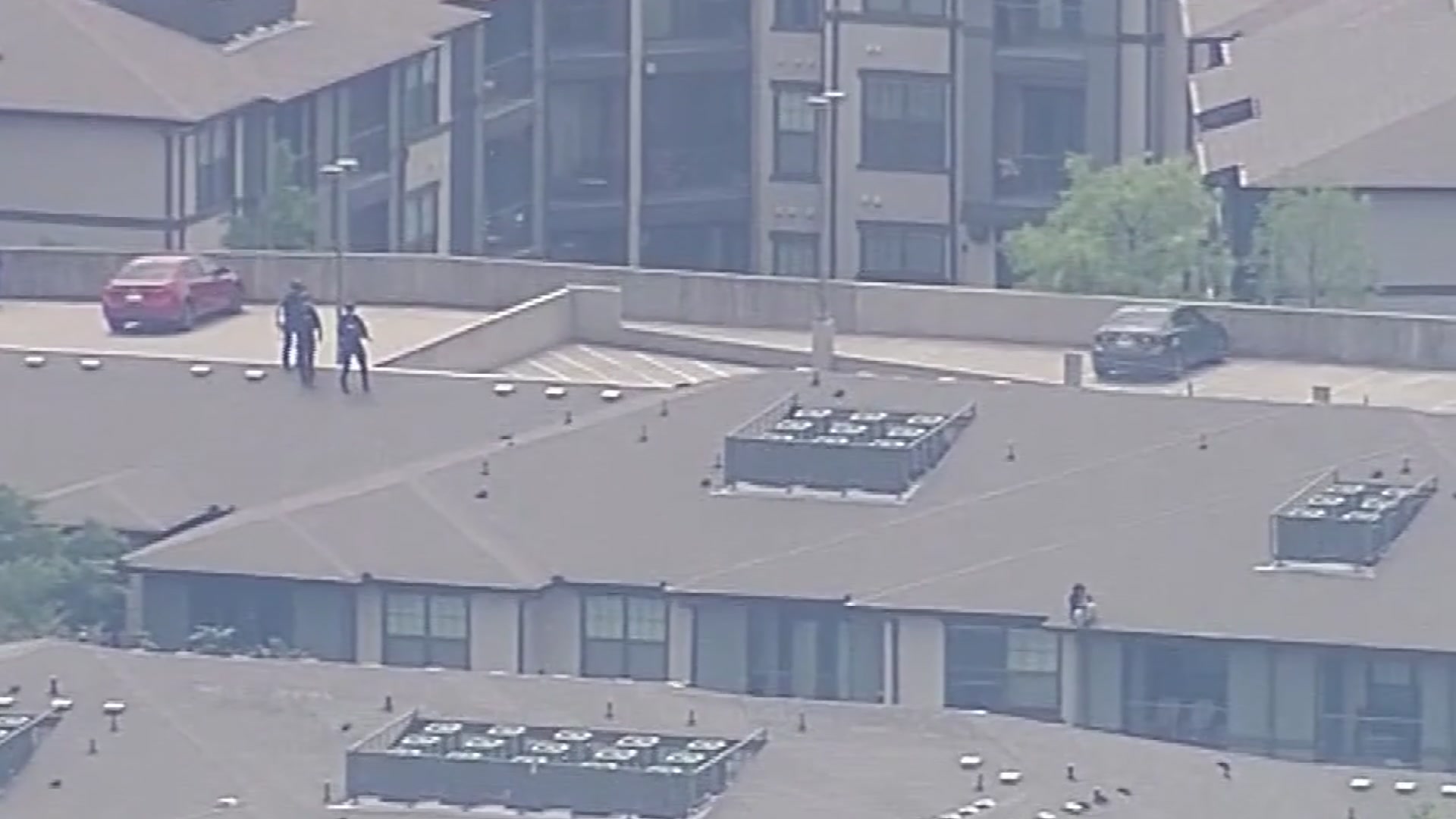Dr. Jim Kennedy is busy this time of year heading up Denton’s local testing for the West Nile virus, but he’s also got his attention on another mosquito-based threat that scientists fear could be on its way; Chikungunya virus.
A widespread virus in the Caribbean and 17 countries throughout Eurasia and Africa, the Centers for Disease Control and Prevention report Chikungunya could soon make a home in the United States.
On average, about 28 Americans contract the virus each year while in a foreign country, but this year the CDC has 88 confirmed cases as of June 24; all contracted in the Caribbean or elsewhere abroad.
Kennedy was alerted to the virus by a former student and has been keeping a close eye on the spread.
He said like West Nile virus, Chikungunya is spread by certain types of mosquitoes.
His concern is that if it does spread to U.S. mosquitoes, two of the common carrier species are abundant in Denton and North Texas.
"It's common in our traps,” said Kennedy who monitors all of the city’s local mosquito traps.
Local
The latest news from around North Texas.
The CDC said the virus causes an illness that, while seldom fatal, is often very painful.
According to WebMD, Chikungunya is an African word meaning “that which bends up,” a reference to the extreme joint and muscle pains that come with the illness as well as fever, rash, flu symptoms and headache.
"I think the potential for this one could be a lot worse in terms of causing people pain and suffering,” said Kennedy.
Like West Nile virus, Kennedy said patients dealing with Chikungunya often just have to wait the illness out.
The UNT biology professor has been in contact with the state lab and said they have been testing mosquito samples for Chikungunya and are keeping regular tabs on the illness as well.
He said at the local level, they don’t have the proper antibodies available to test on yet, however, he expects if the illness makes it to the U.S., they will be developed and testing in labs like Kennedy’s will begin as well.
For now, he said the best thing scientists and all North Texans can do is to keep being aware of the illness and the need to protect against mosquitoes.
"Same thing goes: use DEET, long sleeve shirts, avoid mosquito areas,” he said.
Kennedy does warn of one major change if the illness makes it to North Texas: one of the two carrying mosquito species is a daytime flyer; meaning the threat of getting bitten exists during the day as well as evening and early morning.



